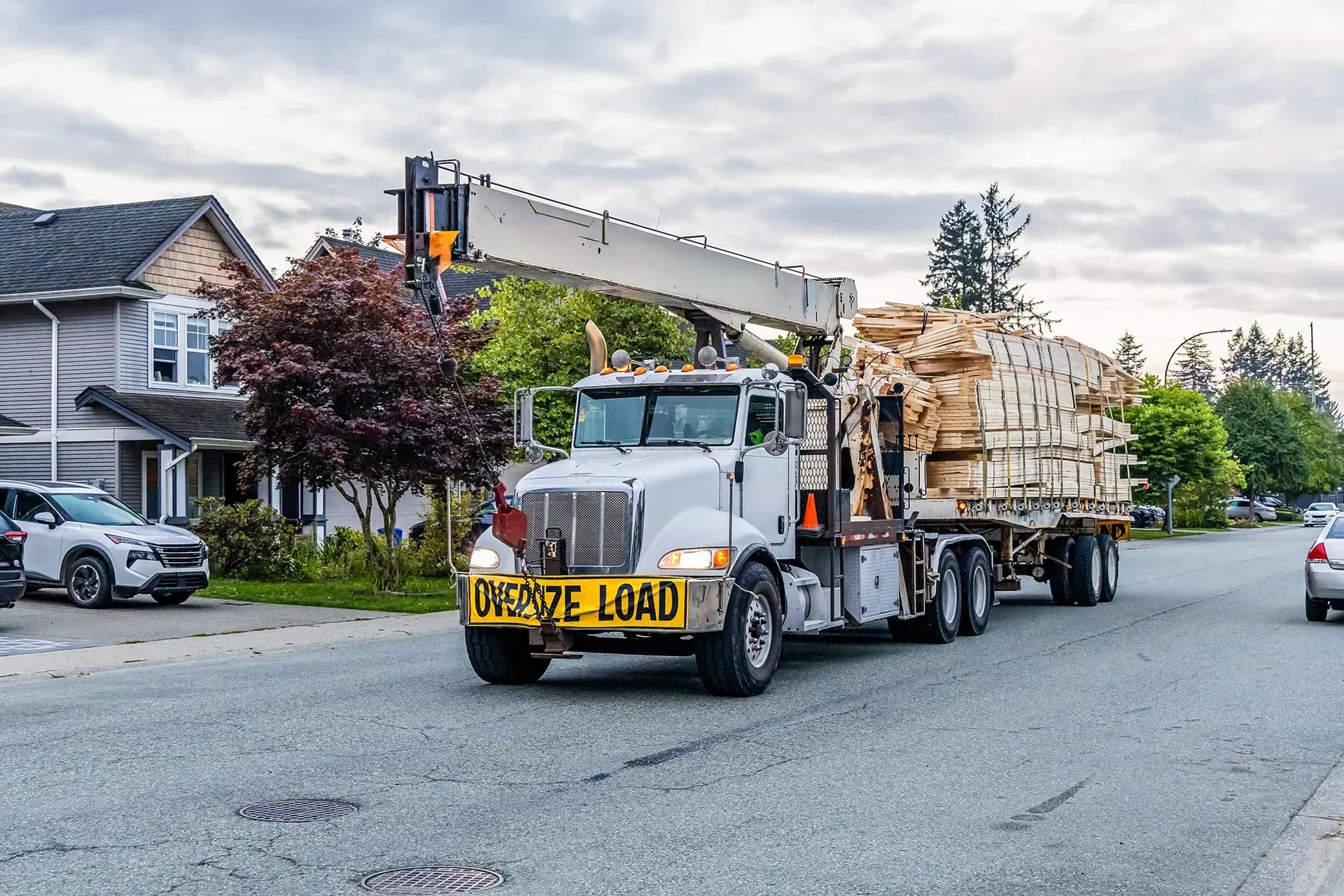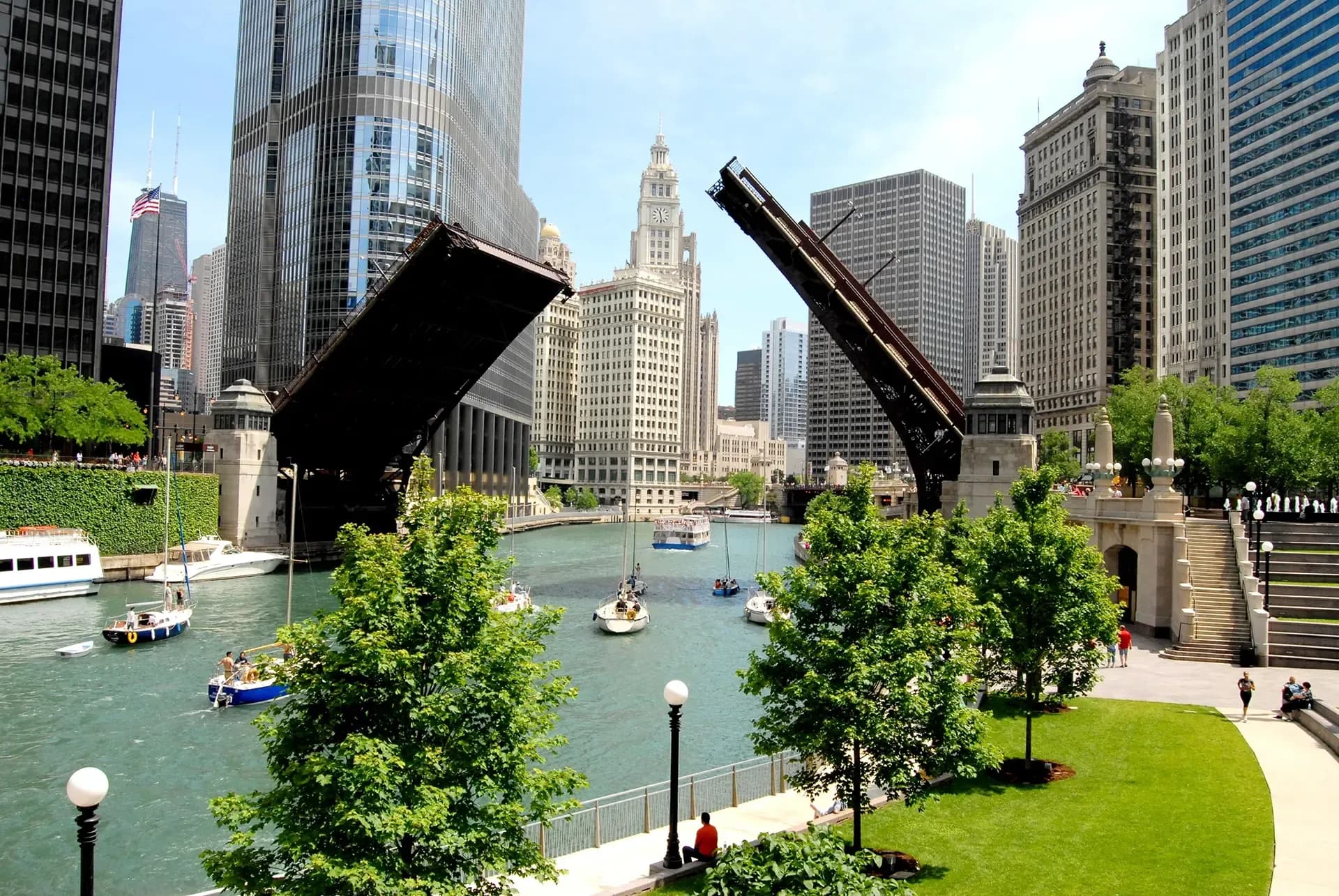How Can I Obtain Maximum Compensation For Railroad And Train Accident Injuries
If you are involved in a train accident or bus accident on the Metra or CTA, what may have seemed like minor injuries at first can later prove to be much more serious and costly. For example, soft tissue injuries affecting the neck, back, and oth...

If you are involved in a train accident or bus accident on the Metra or CTA, what may have seemed like minor injuries at first can later prove to be much more serious and costly. For example, soft tissue injuries affecting the neck, back, and other joints can result in pain that continues for years and requires expensive treatment. You may also suffer severe emotional distress or have symptoms of post-traumatic stress disorder (PTSD).
To ensure that you receive full and fair compensation for injuries incurred in a train derailment, crash, or other incident on public transit, pay attention to these recommendations from experienced personal injury lawyers.
Seek Medical Attention and Documentation
A common mistake made by accident victims is to fail to seek medical attention immediately after the accident. Even if you walk away from a crash feeling that your injuries are minor, you may be shaken up in the aftermath of an accident and you may not be thinking clearly. Significant pain may arise a day or two later, or the pain may last far longer than you initially thought it would, causing you to seek medical attention weeks later. By that point, it may be difficult to prove that the accident was the cause of your pain.
If at all possible, take photographs of the scene of the accident and of your injuries. Be sure to get a copy of your medical records as well. This documentation will be important to prove your claim.
For example, in a June 2019 derailment on the CTA Green Line elevated train, seven people were taken to area hospitals to be checked out, with officials stating that these people sustained only “minor injuries.” Back and neck pain were the most common complaints. An additional 23 people had to be helped down ladders from the tracks but refused treatment at the time.
File Your Claim Quickly - One Year Statute of Limitations
You have a limited time from the date of an accident to file a claim for damages. In Illinois, the statute of limitations for most personal injury cases is two years. However, any claims against a public agency such as the CTA or Metra must be filed within just one year.
Do Not Rush to Accept a Settlement That May Be Too Small
While it is important to file your claim as soon as possible, you do not want to settle your case too quickly. Many people do not realize the full extent of their injuries until months or even years later. If you settle your case too soon, without first seeking advice from a knowledgeable personal injury attorney, you could settle for an amount of money too small to cover the long-term costs of your injuries. You can claim compensation for all medical costs not covered by health insurance, for lost wages due to missing work, and for non-financial damages generally lumped under the broad heading of “pain and suffering.” If you are left with a permanent disfiguration or functional disability, that will be taken into account when figuring the amount of compensation you should receive.
Speak to an Elite Waukegan Train and Bus Accident Attorney
Train derailments and other accidents on public transportation can cause lasting injuries and long-term medical expenses. If you were injured physically and/or emotionally in an accident on the CTA, Metra, or other public transit service, contact a knowledgeable Lake County train and bus accident lawyer. The law offices of Salvi & Maher, LLP will work hard to obtain maximum compensation for you. For a free consultation, call 847-662-3303.
Sources:
https://www.chicagotribune.com/news/breaking/ct-met-green-line-derailment-south-side-20190606-story.html







